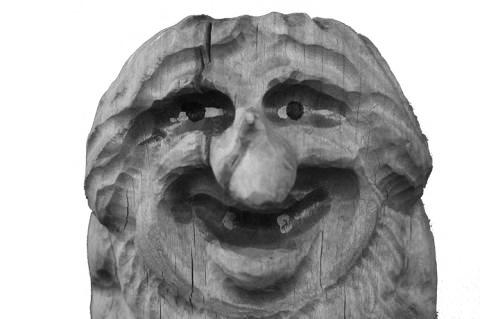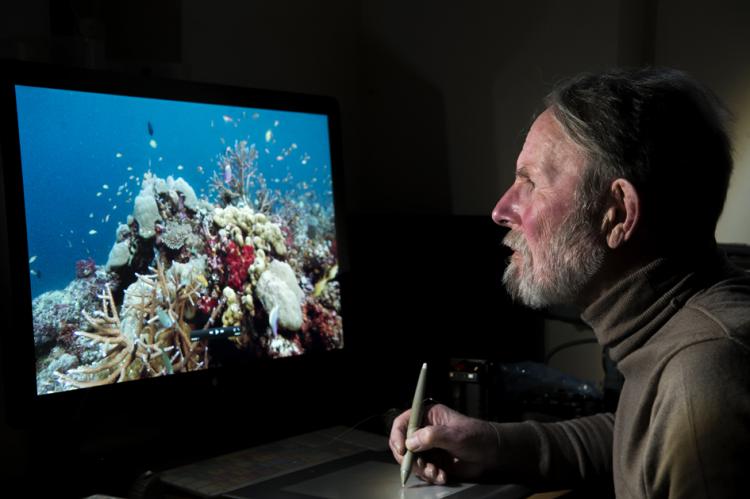Peter Scoones has died
Peter Scoones, legendary and pioneering underwater imagery genius, passed away peacefully in his sleep at the age of 76 early on Sunday 20 April, surrounded by his family.
Peter, from London, had been battling illness for a number of years. Despite finally succumbing, Peter fought long and hard against his condition and it was that strong-willed, single-minded refusal to give in that shaped much of Peter’s long and illustrious career in the underwater world.
There is little, if anything that Peter did not know about underwater image making. A BAFTA and two Emmys surrounded by numerous other awards were testament to his creative achievements.
But it was Peter’s dual expertise in both artistic cinematography and technical wizardry which made him both unique and extra-ordinarily accomplished in this challenging field. His creative talent took him many times around the world for a string of unrivalled wildlife documentaries, many for the BBC Natural History Unit in the company of perhaps the greatest and most distinguished wildlife presenter ever known, Sir David Attenborough.
However, he also designed, built and maintained all his equipment and remained at the very cutting edge of his field right up to the end of his life with an underwater career spanning nearly five decades.
Peter was a maverick of the most productive kind who did everything his own way, and that was invariably far superior to anyone else’s way. After leaving school as a qualified naval architect, his eyesight ironically prevented him from training as an officer.
With National Service looming, he quickly joined the RAF “to learn something useful”, which turned out to be photography. As a keen sailor, he caught a glimpse of the captivating underwater world while cleaning the bottom of his dinghy when based out in Singapore.
He persuaded the Navy to teach his group the basics of diving and they formed a diving club. Due to limited equipment, they became highly adept at snorkelling and learned to skip breathe. “I could hold my breath underwater for 3-4 minutes,” Peter had said recently.


